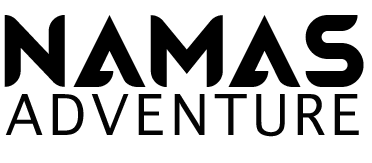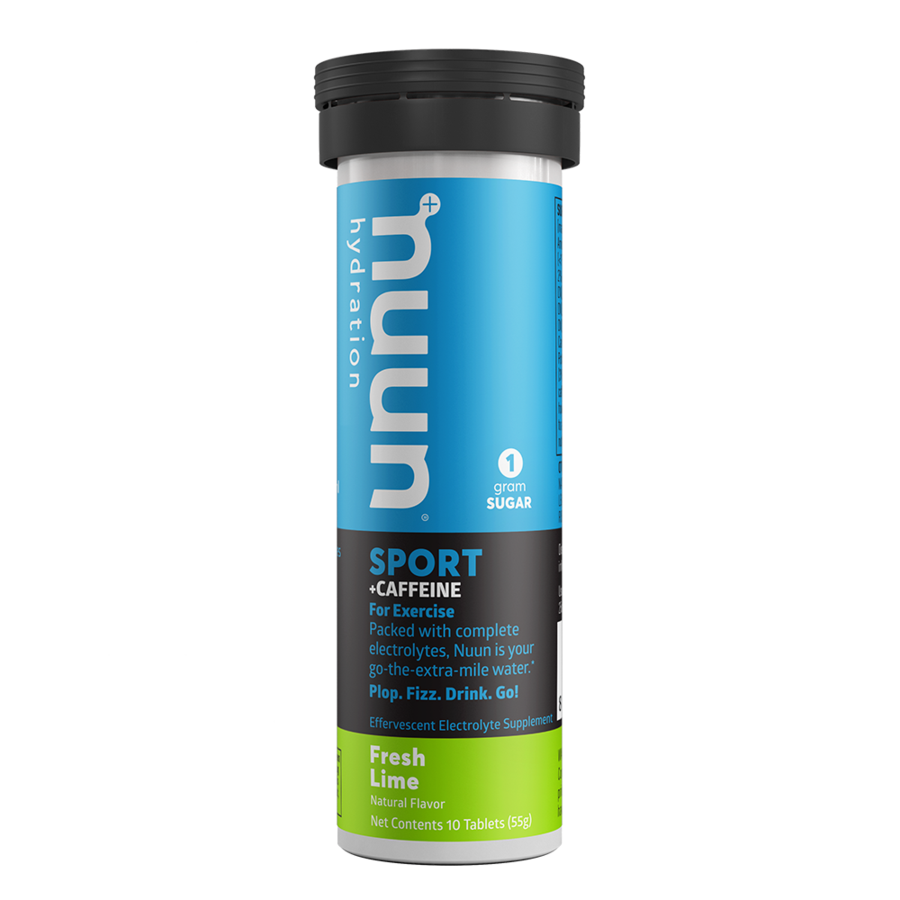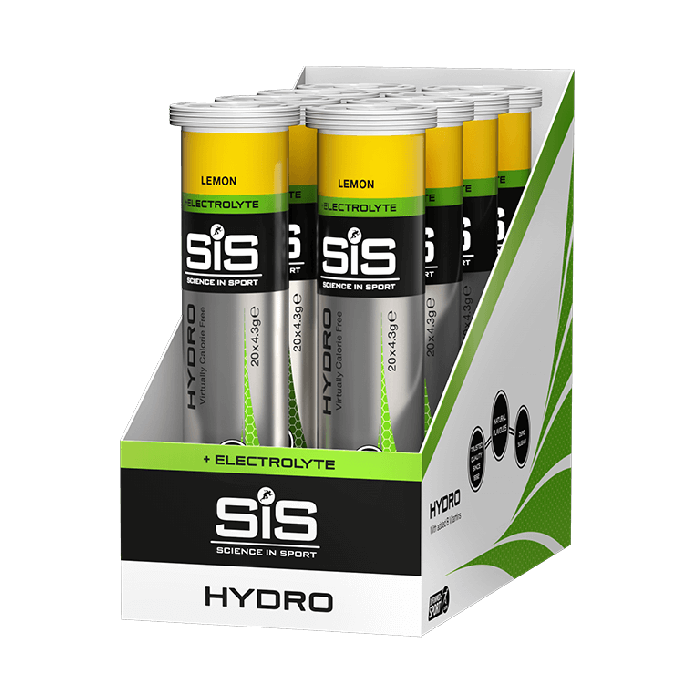Nutrition for Mountain climbing - Namas Adventure
NUTRITION FOR MOUNTAIN CLIMBING
Image- Namas Adventure, Mera Peak summit
Climbing high altitude mountains for both sports and recreational purposes is an immense physical challenge. Altitudes above 4000M to 5000 M are considered high altitudes and 5000M above are considered extreme altitudes. You have to be physically, psychologically, and mentally prepared. Preparing yourself by exercising and practicing techniques, getting the right gears are important parts of mountain climbing. However, to be able to make yourself stronger during training and climbing days getting the right nutrition is very important. Did you know that taking the right diet can improve your effort ability by 20% overall? It is easier said than done but when it comes to mountains and high altitude you might want to dedicate yourself to this regime of the right amount of exercise to make you physically fit and eating well. The right nutrition is another factor in your performance.
“ Did you know that taking the right diet can improve your effort ability by 20% overall”
Image by - Brad
Research has shown that when climbing high altitude mountains climbers can burn anywhere from 6000 - 10,000 calories per day. Losing weight is very normal and you will have to gain your strength back quickly. Your digestive system won’t work the same way as it does at a lower altitude. Your system will want to reject food as it does not want to put in much effort and forcing yourself to eat is necessary. Carbohydrate (carbs) is your best friend when it comes to nutritional value but also do not forget the proteins and fats. You will have to snack a lot with easy-to-absorb carbs, hydrate often, during your climbing hours, and when you rest during dinner at your camps more carbs and proteins. Fill up that glucose in your body as it stores fats in your body which your body will use when needed or during the hard push.
“60% - 70% of your meal nutrition should be carbs, 20-30% proteins and 5% - 10% fats”
Recommendations
High carbohydrate foods - Rice or whole grain products, bread, pasta, fruits rich in natural sugar ( banana, oranges, blueberries, grapefruit, apple) sweet potatoes, potatoes, milk, Quinoa, kidney beans & chick peaks.
You can also pack dried frozen dried meals that are easily packable, 90% lighter, preserve the natural taste, gives you nutritional value. Easy to prepare, just pour boiling water, stir and wait about 10 minutes, and feast on it. This is highly practical as it makes logistical planning much easier. We recommend (LYO FOODS) they have some great options, especially for mountaineering.
Proteins sources mile & cheese, meats, tofu, eggs, lentils and seeds, and nuts.
Fats source dried meats, butter or ghee, chocolate, olives.
Keeping yourself hydrated throughout is very very important. You will sweat a lot, we recommend you to intake anywhere from 4l- 6l of water every day. Just drinking normal water is not enough. It is necessary to add hydrating tables with electrolytes in your water. Products recommended ( SIS hydration tablets, Nunu Hydration tablets )
Mini brunches when hiking/climbing for 6- 10+ hours is very crucial. Your body quickly burns all the nutrition within 2-3 hours and you will need to often replenish those nutrients. You will need foods that don’t have to be cooked, easily packable, and rich in nutrition. Bananas, chocolate, nuts& seeds, jerky or dried meat, hydration tablets, energy gels, and bars are highly recommended. Every night prepare it in a sealed bag or an area of your backpack where you can store and reach them easily. These superfoods will give you that much-needed energy, thus, you’ll feel active for a longer time.
I hope this article was helpful. It is very important that you pay attention to your diet nutrition especially during your climbing days. Remember to take in a lot of carbs during your trekking/expedition lunch or dinner time. Snack a lot, almost like a mini brunch every 2-3 hours, to give your body a constant flow of energy and stay hydrated (add hydrating tables) every time. I personally have suffered during my climbing days for not eating well or not staying properly hydrated. So I hope you can follow the suggestion and enjoy your climbing. During your trekking/expedition on all our itineraries, meals with these nutritional values are served at the lodges we rest or during camping. Extra food is always helpful. Please ask our team how much you will need to personally pack.
One more thing, do not intake any alcohol, especially during your climbing days. You will see Sherpas or porters who have always been climbing drink but you need to remember that their bodies have always been through this every year in and out. So comparing it won’t help, instead, save it for the last and enjoy your beer after your climbing is finished when you return to base camp or the nearest lodging area.
Also, please carry your waste with you all the time and dump them on your next village or lodging spot. Encourage your team not to litter the mountains as the waste might never be removed from these remote and pristine areas.
Keep exploring, eat well take on that challenge. Mountains are calling. Go live your story.
References -
https://lyofood.com/blogs/lyofood-blog/nutrition-at-high-altitude?welcome
https://www.healthline.com/nutrition/12-healthy-high-carb-foods
Written by - Bisesh




